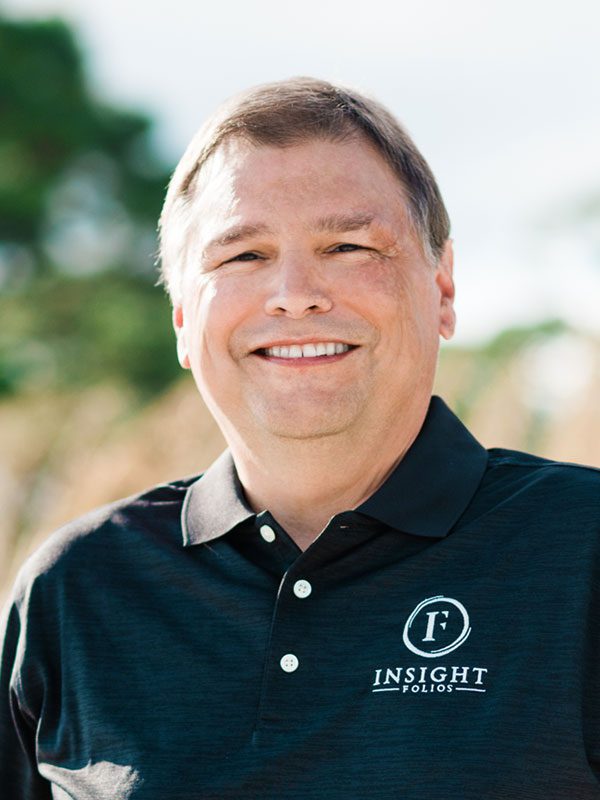Since much of the country has recently spent a lot of time watching the Weather Channel and getting a refresher on how hurricanes work, it’s the perfect opportunity to see what we can learn about retirement planning from a discussion about hurricanes…
The eye wall Replacement Cycle
The strongest winds in a hurricane are the winds closest to the center that make up the eye wall. During the life cycle of a hurricane, these inner winds can sometimes weaken and then get replaced by bands from the outer part of the storm. This process is essentially the hurricane shedding its dead weight, which allows it to become more intense and powerful as it replaces its eye wall.
In many ways, your retirement plan should work similarly. As you get older and closer to retirement, some of the investments that helped you build a big account balance aren’t the same ones you should use to create retirement income. At some point, you’ll need to shed some of those investments that are more focused on growth and shift your focus instead to income.
Think of your investments as a rental property. You can have two kinds of tenants. Most people would say payers and non-payers. Instead let’s call them renters (those who pay) and squatters (those who do not pay).
First let’s look at a squatter. A squatter never pays, they just occupy your space and the only way you can make money is when you sell the property for more than what you paid for it. Compare this to an average stock mutual fund. You invest a dollar amount and you hope to sell it for more than you paid at some point in the future.
The second is a bonafide renter that pays you monthly, quarterly or annually and you can count on that income. They never miss a payment. There are two ways to make money from this investment – you can sell it for more than what you paid for it, and you have received the rental income over time. Think of it this way, you can probably sell that home for less than you bought it for and still make money because of all the rental income you received over time.
Investments can offer you the same type of income as a paying renter. The take away here is this: when you retire you will have to focus more on income versus growth and now that you don’t have a regular paycheck you need to put your money to work.
Power Outages
Anytime you are facing a big potential storm that could cause you to be without power, it’s important to make sure you are prepared. You will need flashlights, batteries, a plan for your frozen and refrigerated food, a radio or some way of getting news updates, and maybe a gas grill for cooking food or a generator.
If you are retiring soon, then your paychecks are about to experience a power outage. There is no backup generator to rely on unless you want to consider going back to work. Do you have everything that you will need to make it through?
You will need a plan to determine how to use your investments to create income. Do you want an investment that is a renter or a squatter? You will also need a method to give yourself annual raises to keep up with inflation, a plan to pay for long term care expenses down the road, and an efficient tax plan to make sure you are not wasting money.
Computer Models and Meteorologists
When it comes to predicting the movement of hurricanes, there are several different computer models that people like to use. Some would even tell you that the computer models make human meteorologists obsolete.
But a good meteorologist doesn’t see the computers as a threat, he sees them as a tool. Computer programs can tell us a lot, but they’re not a replacement for a live human with wisdom and experience that can interpret and apply what the computer tells us.
It is no different with retirement planning. A good advisor does more than just plug numbers into some fancy software and print out a retirement plan for you. A good advisor takes time to understand what’s important to you, then uses experience, wisdom and creativity to put together a plan that makes sense for you. Think of your advisor as a coach who can help you make smart financial decisions.
Conclusion: Get prepared and start the planning process now. Ask yourself what you should do today that your older self will thank you for tomorrow.
If you have any questions, please reach out to us and we will be happy to help you in any we can.
